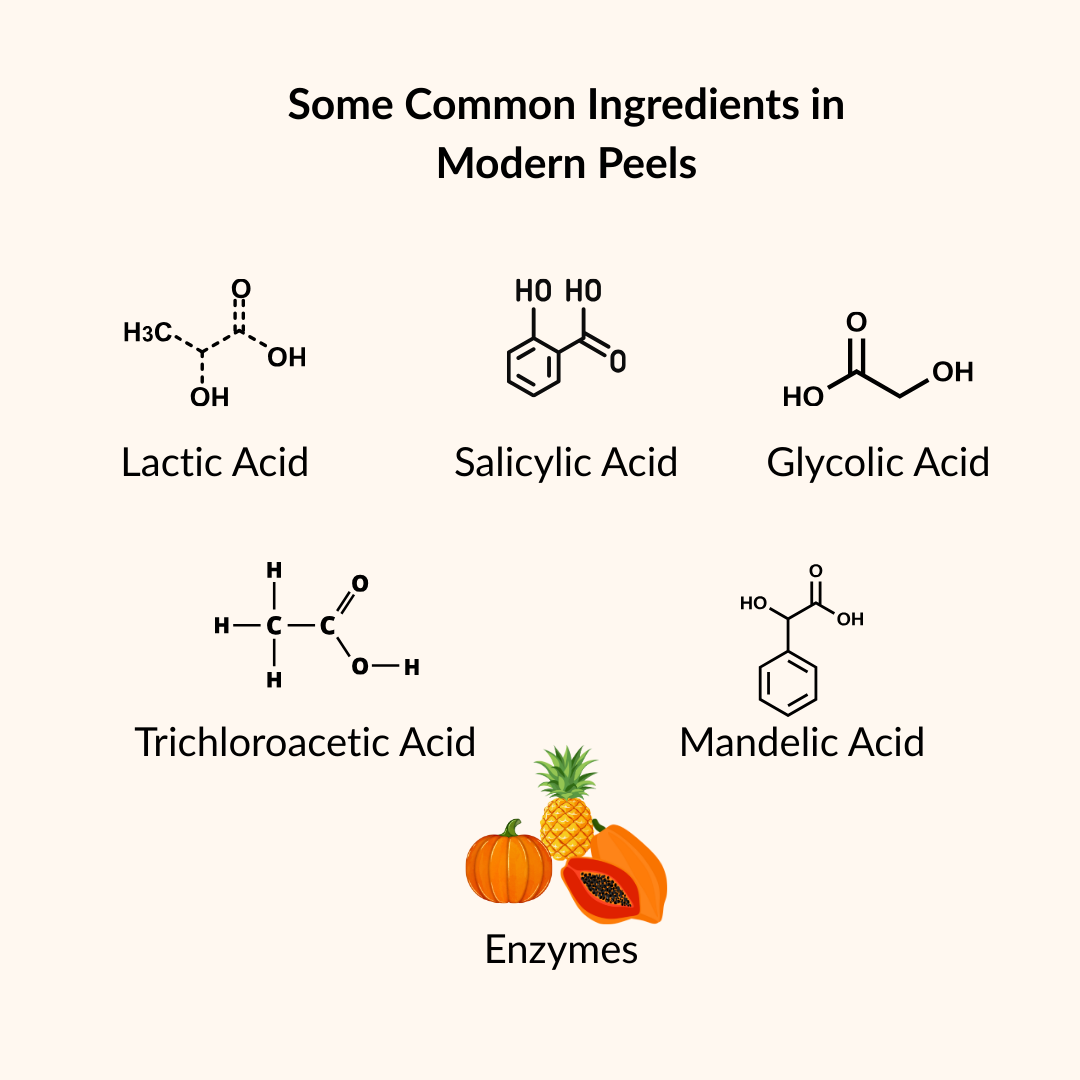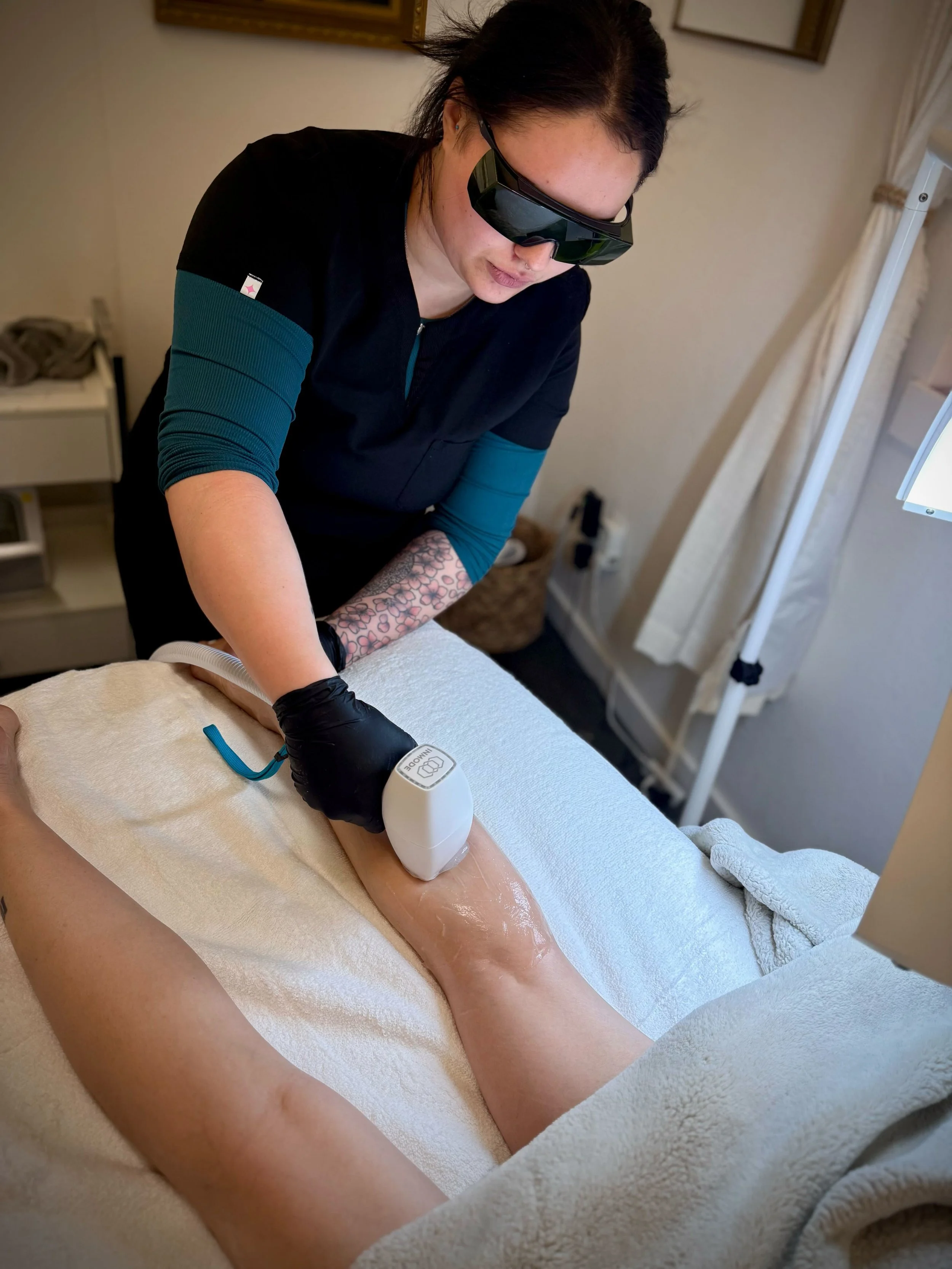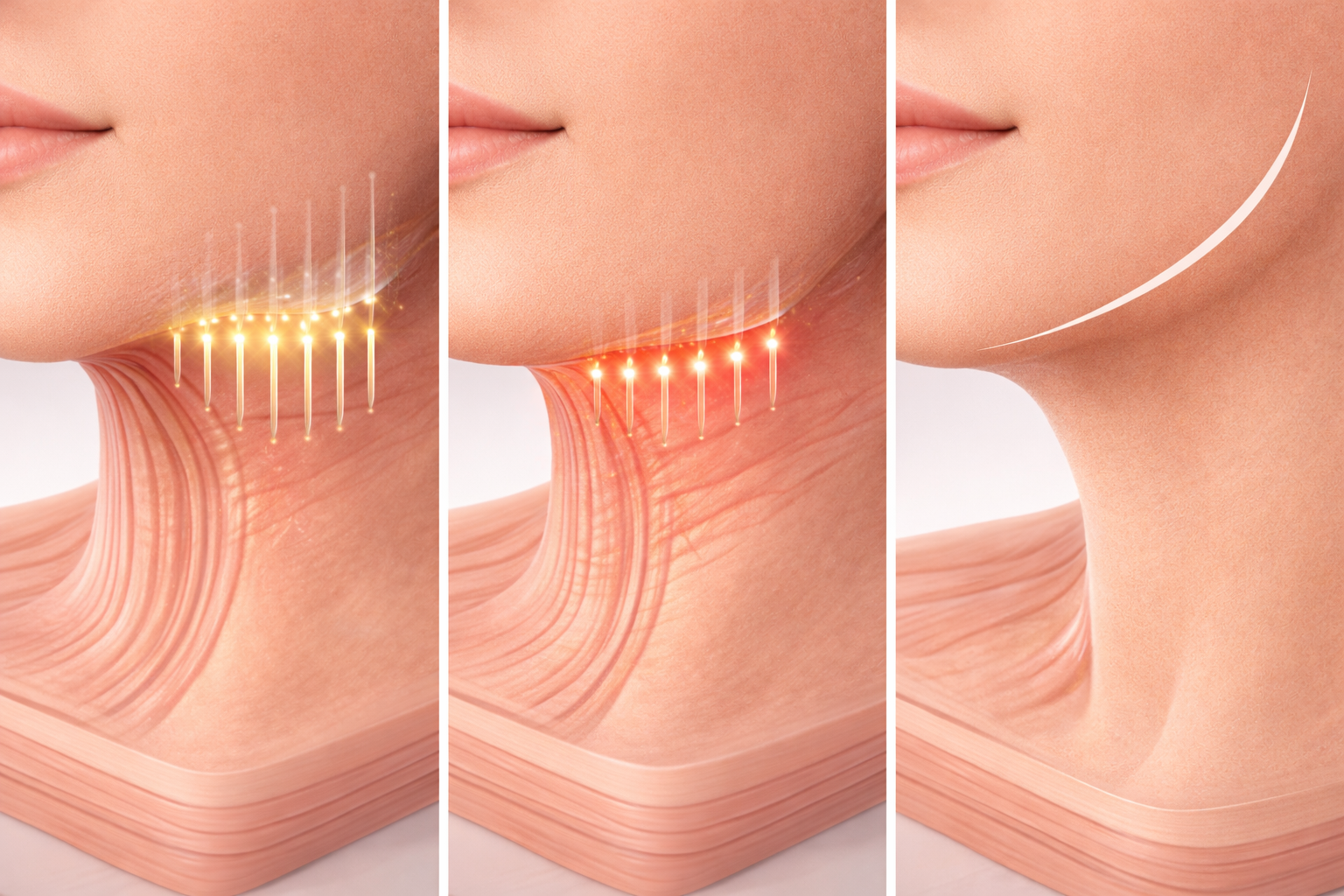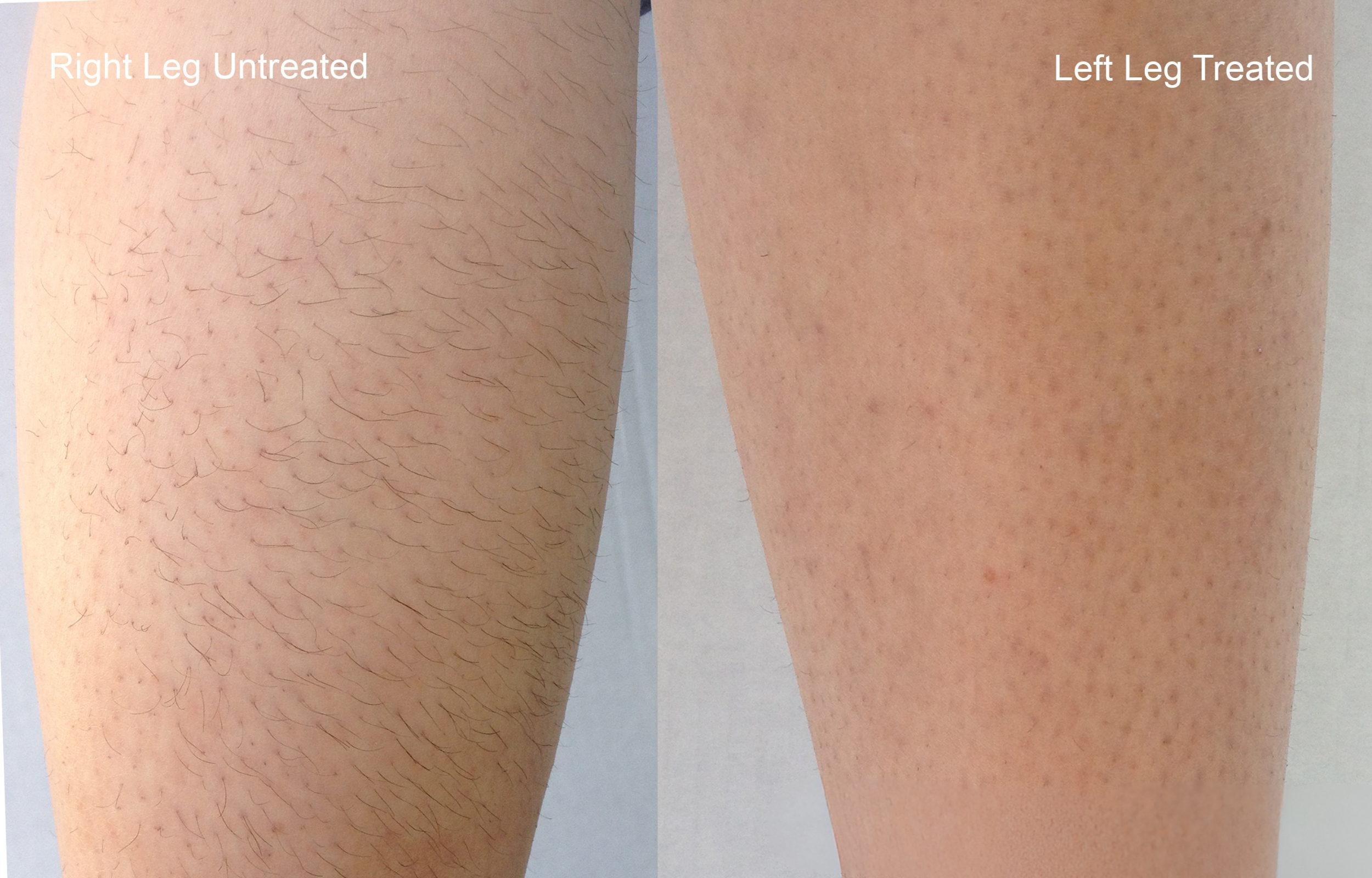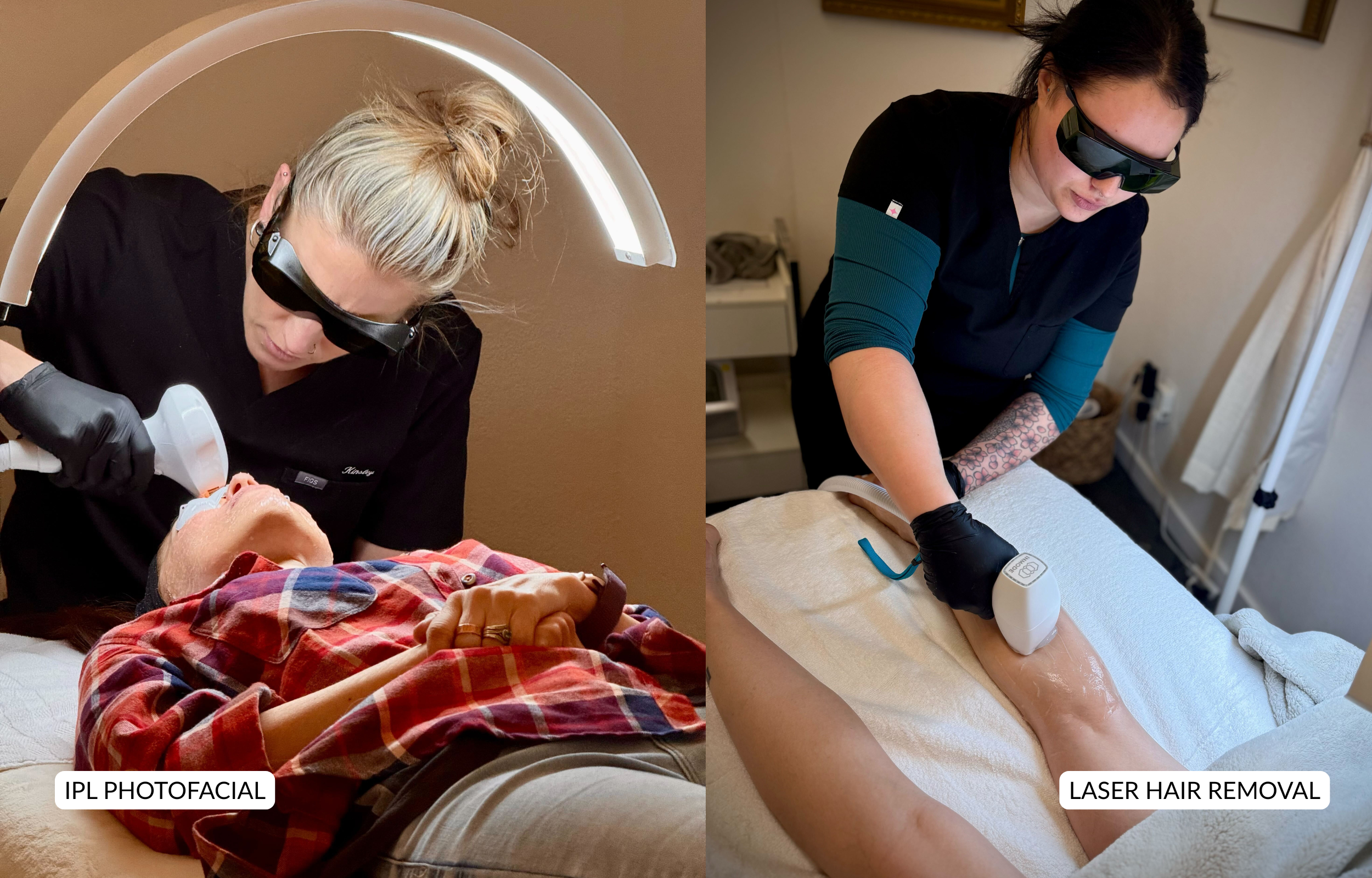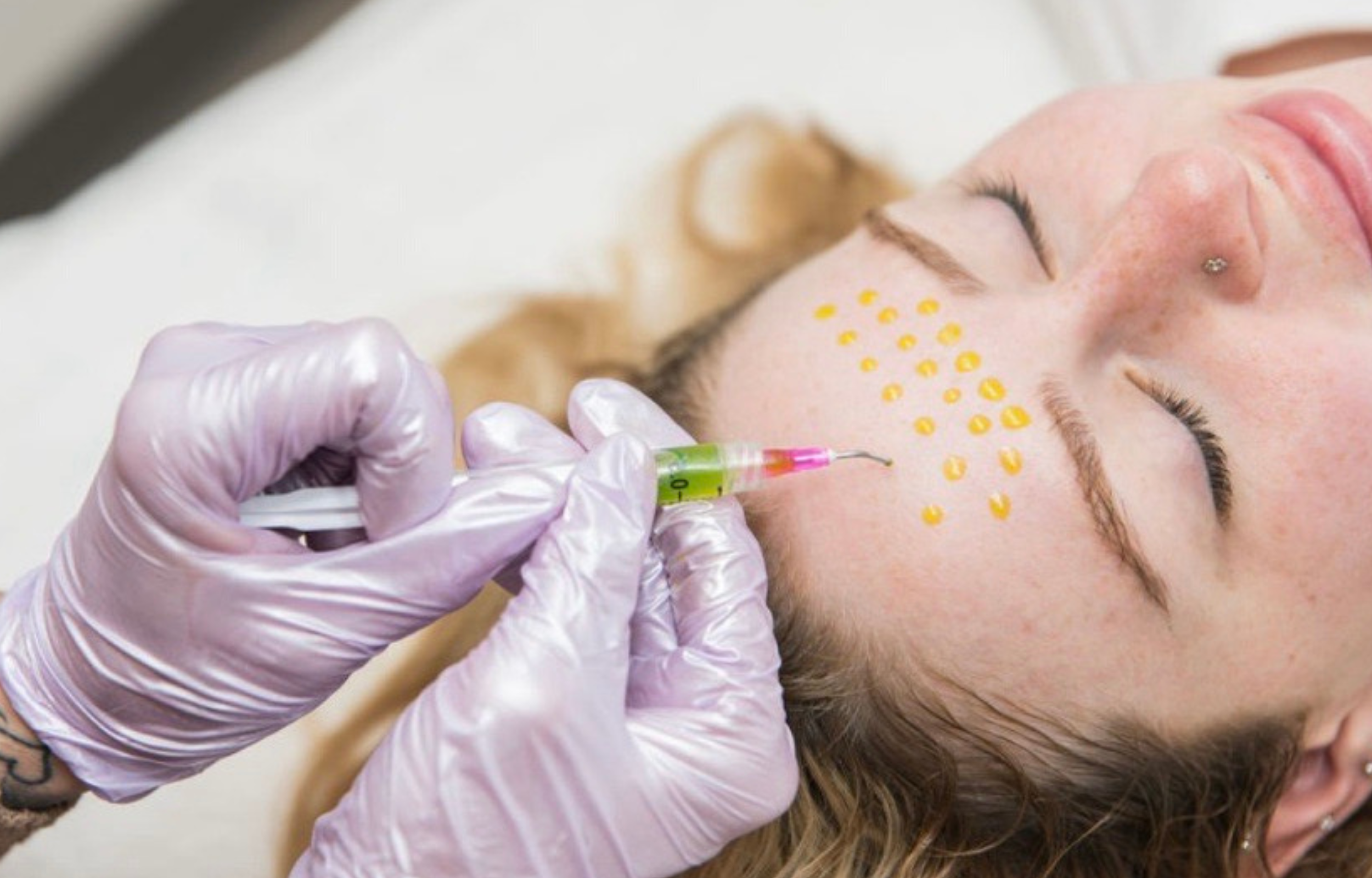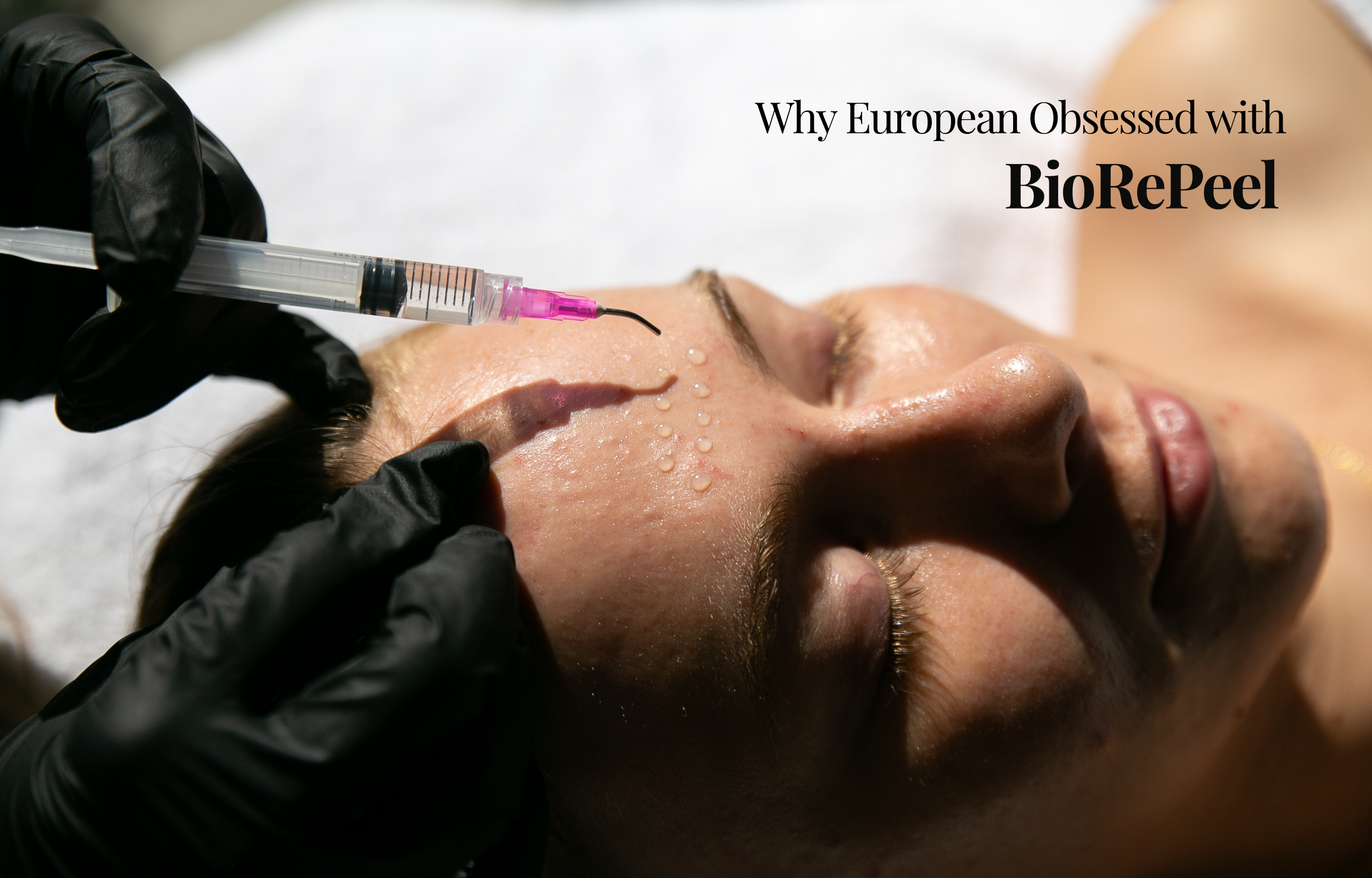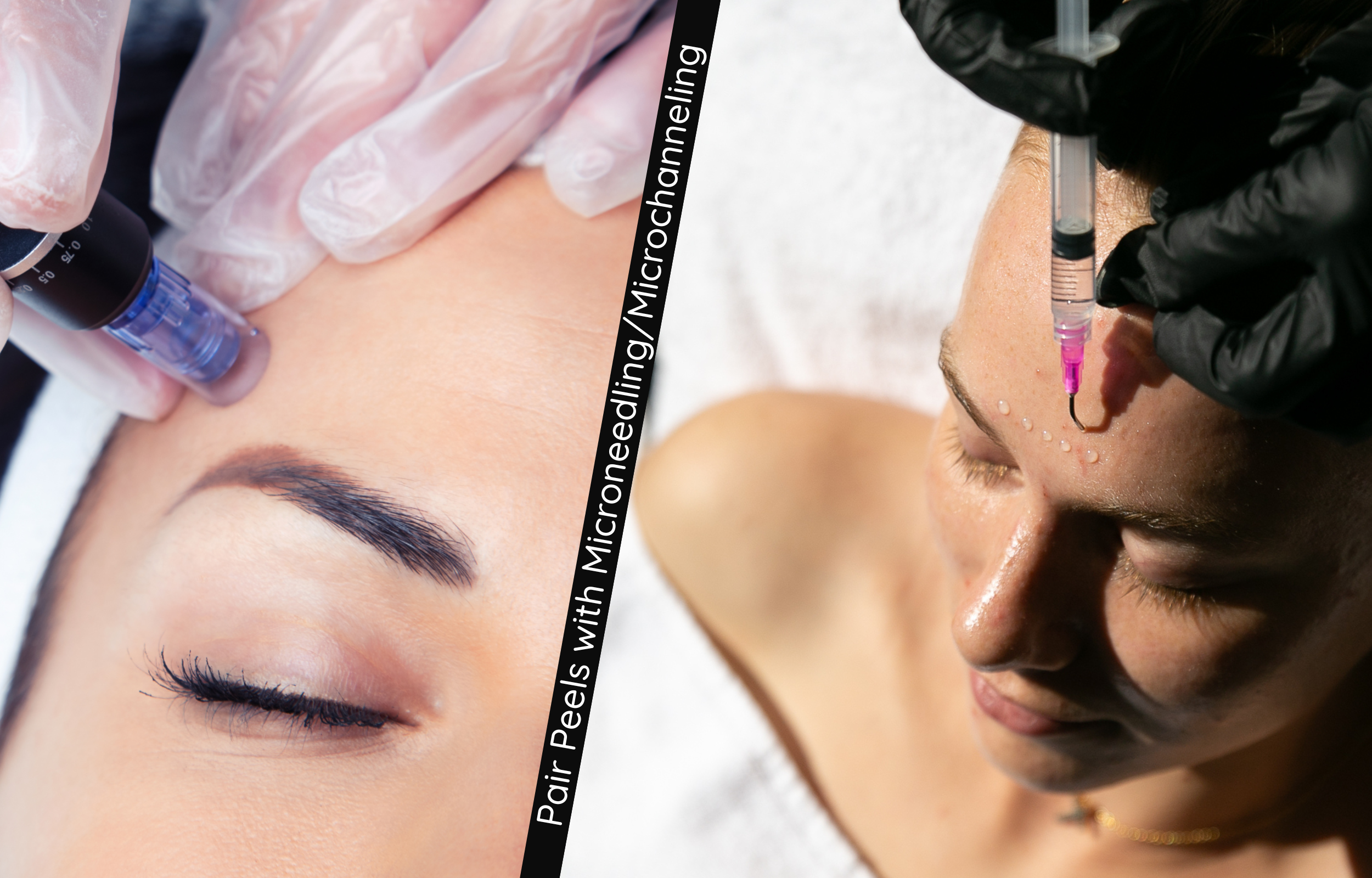Why Modern Peels Are Nothing Like Samantha’s Sex and the City Peel
Samantha Jones
If you’ve ever seen Sex and the City, chances are you remember that scene. Samantha Jones - always the boldest of the group - decides to try a chemical peel. The next time we see her, she’s at a luncheon with Carrie, Miranda, and Charlotte. Only… her face is an alarming shade of lobster red, raw-looking, and shocking enough to stop traffic.
It was one of those unforgettable pop culture moments. And while it gave us plenty of laughs, it also gave chemical peels a reputation that has stuck for more than two decades.
Here’s the problem: that portrayal isn’t reality anymore.
The truth is, modern chemical peels are safe, gentle, customizable, and nothing like what you saw on Samantha’s face in 2002. Today’s treatments are designed to reveal glowing, healthy skin with minimal downtime - without the scary redness or pain.
At Skin Bliss Med Spa, we meet clients all the time who still bring up that iconic scene. They’re curious but hesitant: “Will I look like Samantha?” The answer is always no. Modern peels have come a long way, and we’re here to show you exactly why you don’t need to fear them.
Let’s bust the myths, dive into the facts, and rewrite the narrative on one of the most misunderstood skin treatments out there.
Pop Culture vs. Reality: How Sex and the City Shaped Perception
Television has always exaggerated beauty treatments for laughs or drama. We’ve seen facials portrayed as painful torture sessions, Botox as a freeze-frame expression, and waxing as an endurance sport. But nothing quite stuck in the public imagination like Samantha’s chemical peel.
The year: 2002
The scene: Samantha walks in wearing black hat, takes them off, and reveals a bright-red, raw face.
The message: Chemical peels = scary, painful, and socially embarrassing.
Carrie’s terrible behavior it’s surprising Sam would do the chemical peel on the day of the event probably knowing the side effects
For years afterward, people associated peels with redness, burning, and downtime. In fact, many new clients today still joke about “pulling a Samantha.”
But here’s what’s important:
👉 Pop culture cemented an outdated view. Modern science has moved far beyond that.
A Quick History of Chemical Peels
To understand why peels had a reputation for being harsh, let’s rewind.
Ancient Times: Cleopatra reportedly bathed in sour milk (which contains lactic acid) to smooth her skin-a primitive form of a peel.
1900s: Dermatologists experimented with stronger acids like phenol, trichloroacetic acid (TCA), and high-strength glycolic acid. These worked-but they often left patients red and recovering for weeks.
1980s & 90s: Peels became trendy in cosmetic clinics. But formulas were aggressive and one-size-fits-all. If your skin didn’t tolerate it? You got the Samantha look.
Today: Science and skincare have evolved. We now use blends of acids, enzymes, and skin-loving ingredients to deliver controlled exfoliation with far fewer side effects.
In short: old-school peels stripped the skin; modern peels support and renew it.
Old-School Peels vs. Modern Peels
| Old-School Peels | Modern Peels |
|---|---|
| Harsh acids, one-size-fits-all | Customizable blends for your skin type |
| Stripped the skin barrier | Support + strengthen the skin barrier |
| Painful & uncomfortable | Gentle tingling or mild warmth |
| Weeks of downtime | Minimal to no downtime |
| Visible redness & raw look | Subtle flaking or no visible peeling |
| Risk of scarring & hyperpigmentation | Safe for all skin tones with professional guidance |
How Do Modern Peels Actually Work?
A chemical peel is essentially a controlled exfoliation.
Instead of scrubbing your skin physically (like a face scrub does), peels use acids or enzymes to dissolve the “glue” that holds dead skin cells together. This allows your skin to shed those dull, damaged layers and trigger renewal from within.
"Think of chemical peels as exercise for your skin-each treatment helps it get stronger, healthier, and more resilient over time.”
Common Ingredients in Modern Peels
Lactic Acid: Gentle, hydrating, great for sensitive skin
Glycolic Acid: Improves tone, texture, and brightness
Salicylic Acid: Unclogs pores, reduces acne
Mandelic Acid: Mild, safe for darker skin tones
TCA (Trichloroacetic Acid): Targets pigmentation and deeper concerns (used in controlled percentages today)
Enzymes (Pumpkin, Papaya, Pineapple): Mild exfoliation, ideal for first-timers
👉 The key difference? Today’s peels combine acids in safe, precise concentrations—delivering results without harsh side effects.
"Peels act like medicine for your skin, targeting acne, pigmentation, signs of aging, heals and corrects skin conditions.”
Why Modern Peels Are Not Scary
Let’s bust some of the biggest myths once and for all.
Myth #1: Peels Burn Your Face Off
The Old View: Fire-like burning, red skin.
The Truth: You may feel a light tingling or warmth, but modern peels are comfortable and controlled.
Myth #2: You’ll Be Hiding for Weeks
The Old View: Hide behind sunglasses and scarves until the redness fades.
The Truth: Most modern peels have little to no downtime. You might experience mild flaking for 2–3 days, but most clients return to daily life immediately.
Myth #3: Peels Are Only for Aging Women
The Old View: A desperate anti-aging fix for women in their 40s+.
The Truth: Peels are versatile. Teens can use them for acne, 20-somethings for glow, and men for smoother skin.
Myth #4: Peels Are Unsafe for Darker Skin Tones
The Old View: High risk of hyperpigmentation.
The Truth: Modern peels (like mandelic or lactic acid) are safe for all skin tones when customized by a professional.
The Real Benefits of Modern Peels
When done properly, peels are one of the most effective ways to transform your skin.
Skin Benefits
Clearer pores & reduced breakouts
Softer fine lines & wrinkles
Evened-out pigmentation & dark spots
Smoother, refined texture
Brighter, more radiant complexion
Stimulated collagen production
Better absorption of skincare products
Emotional Benefits
Increased confidence
“Makeup-optional” skin
That post-peel glow that makes you feel like yourself again
Who Should Get a Peel?
Peels are for almost everyone. Here’s how they help at different stages of life:
Teens: Acne prevention, oil control, clogged pores
20s & 30s: Brightening dullness, early anti-aging prevention
40s & 50s: Pigmentation, fine lines, sun damage
60+: Skin renewal, collagen stimulation, smoother texture
Men: Exfoliation, razor bump prevention, even tone
Pre- and Post-Peel Care
One reason modern peels are safe is because of good preparation and aftercare.
Pre-Peel Prep
Avoid harsh scrubs or retinoids 3–5 days before
Stay out of direct sun exposure
Come with clean, makeup-free skin
Post-Peel Care
Use gentle, hydrating cleansers
Moisturize regularly
Apply sunscreen (SPF 30+) religiously
Avoid heat, saunas, or vigorous workouts for 24 hours
Don’t pick or peel flaking skin
💡 Pro Tip: The results of a peel are amplified when combined with a good home skincare routine.
At-Home Peels vs. Professional Peels
| At-Home Peels | Professional Peels at Skin Bliss |
|---|---|
| Mild exfoliation | Medical-grade strength |
| Limited results | Deeper, lasting results |
| Risk of misuse | Supervised by licensed aesthetician |
| Over-the-counter strength | Customized for your skin |
| Good for maintenance | Best for targeted correction |
“The best part about modern peels is how customizable they are. We don’t just peel the skin-we treat the skin. That’s the difference between what people fear and what we actually do today.”
— Skin Bliss Med Spa
FAQs
Q: Will I look like Samantha after my peel?
A: No! That was dramatized TV. Modern peels leave you glowing, not hiding.
Q: Do peels hurt?
A: Most clients describe them as mild tingling. Comfort is always a priority.
Q: How many sessions do I need?
A: You’ll notice results after one, but a series of 3–6 treatments delivers the best transformation.
Q: Can I wear makeup after a peel?
A: It’s best to wait at least 24 hours to let your skin breathe.
Q: Are peels safe for sensitive skin?
A: Yes! With gentle acids like lactic and mandelic, even sensitive skin types can benefit.
Final Thoughts
That unforgettable Sex and the City moment might have been funny-but it also scared generations away from trying a treatment that can truly change your skin.
At Skin Bliss Med Spa, we want to set the record straight: modern peels are nothing like Samantha’s. They’re safe, gentle, customizable, and designed to enhance your natural beauty-not leave you hiding in oversized sunglasses.
✨ Think glowing, confident, radiant skin-not red, raw, or scary. ✨
Watch on Instagram
Skin Bliss was voted the #1 Best Skincare Clinic in Helena in the 2025 Best of Helena Awards. Helena’s premier destination for personalized skin health solutions.



